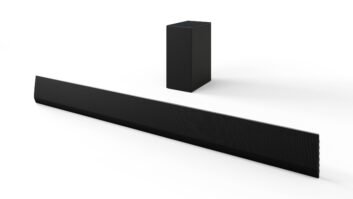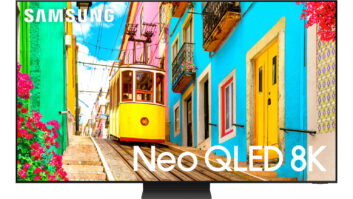Federal regulators have a huge task ahead of them in 2002 as they determine the merits and dangers of allowing the nation’s two direct broadcast satellite (DBS) companies to merge.
Inevitably, employees of EchoStar and DirecTV will feel the impact first, as redundant jobs are eliminated while others take on greater responsibility and power. Dealers aligned with one of the two firms will likely be re-evaluated for their ability to best sell equipment of the unified brand.
Company executives aren’t saying yet if they will pare down the number of dealers, but both had begun a weeding process even before the proposed merger was announced.
Regulators, however, will be most concerned with determining how the deal will impact the consumer.
Clearly the deal has many merits. To start, consumers will face less confusion and complexity in determining what service and equipment to buy. The new company will eventually adopt standardized boxes, remotes and dishes. The same encryption and digital video compression systems will be implemented to bring greater levels of CE equipment compatibility and, presumably, lower prices for equipment.
Manufacturers and dealers will now have to answer to a single satellite voice in designing compatible products and executing promotions and sales programs. Such simplicity also has the potential benefit of driving more STB sales, as consumers evaluate a clearer decision of taking cable or satellite TV.
Combining EchoStar and DirecTV will also make training CE sales people simpler.
Standardization and simplicity is also likely to benefit the burgeoning interactive television industry. Now iTV systems developers and service providers can work with a single platform delivered to millions more homes, giving them a greater opportunity to build and grow compelling iTV services.
A message that should play well to policy makers is the more efficient utilization of available bandwidth to produce more local-into-local stations, more broadband Internet access and more HDTV programming.
As with any merger, dangers also exist. As satellite TV continues to grow, its power and control over the U.S. multichannel marketplace will increase, with the potential for satellite to begin to reflect the same problems that grew out of the expansion of the cable industry.
By taking DirecTV as we know it out of the satellite TV marketplace, the boards of EchoStar and DirecTV parent, General Motors, are taking large sums of choice away from consumers, and vendors. This is especially true if cable continues to drag its heels on making cable receiving equipment available through CE stores.
Piracy of satellite signals is likely to become a larger threat once a single system of 20 million or more subscribers is deployed, instead of multiple targets and platforms.
Innovation may also suffer, because one company, will decide what gets built, whose middleware system is used, whose PVR service is allowed, and so on. Corporate political game-playing could threaten the future of whole companies whose CEOs refused to play ball. This may mean less competition for designs and innovation.
CE retailers could also face “take- it or leave-it” ultimatums from a singular satellite power. No longer would a Sears or Circuit City have the negotiating power of joining up with a satellite competitor if they didn’t like the terms of a satellite deal.
On its face, the deal creates a challenging future for CE dealers. Within the next 10 years, one entity will likely control between 30-40 million subscribers, dominating nearly 50 percent of the multichannel marketplace, and what federal regulators decide could change a great deal about the way the CE industry does business.













